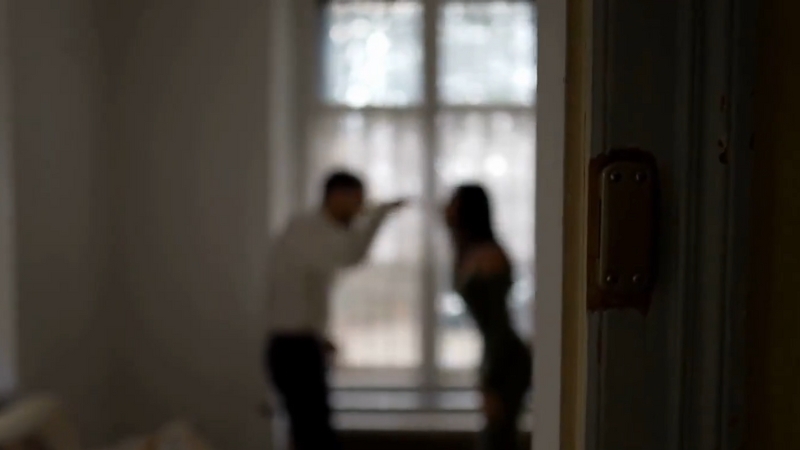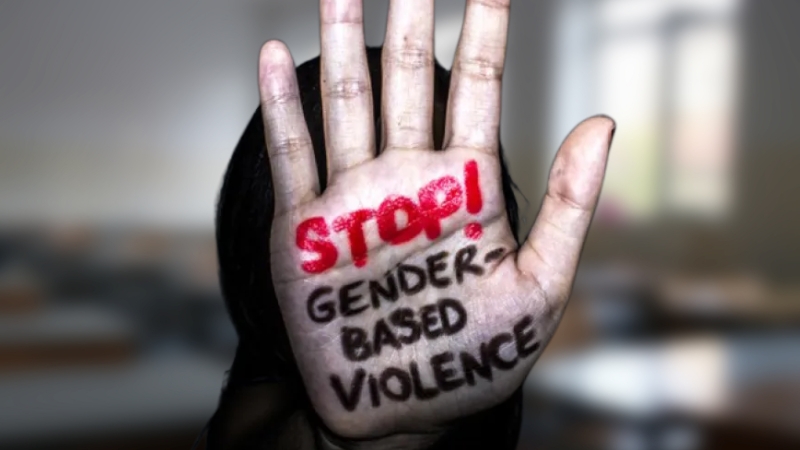The Power of Words
View this post on Instagram
Words carry weight. They can build someone up or tear them down.
In a relationship, words should create safety and connection, but when name-calling enters the picture, they do the opposite.
What starts as a “harmless” joke or a heat-of-the-moment insult can grow into a pattern of emotional harm.
Let’s take a moment to break it down:
Type of Name-Calling
Examples
Impact
Mocking or Belittling Remarks
“You’re so sensitive” or “Grow up”
Undermines emotional expression, making someone doubt their feelings.
Cruel Nicknames
“Dummy,” “Loser”
Strips away dignity, reducing a person’s sense of identity.
Sarcastic Jabs
“Wow, that was so smart”
Creates confusion and self-doubt about one’s abilities.
Outright Insults
“You’re worthless” or “Pathetic”
Directly attacks a person’s self-worth, leaving emotional scars.
As you can see, the language might vary, but the result is the same—emotional harm and a toxic dynamic.
When Words Become Weapons

Let me share an example to make this more relatable. Imagine a couple arguing about something minor, like who forgot to take the trash out. Instead of sticking to the issue, one partner snaps, “You’re so lazy. You can’t do anything right.”
It’s not just about the trash anymore. That single comment carries a much deeper message: “You’re inadequate.” Over time, this pattern of belittlement starts to define the relationship. The person on the receiving end might internalize those words, thinking, Maybe I really am lazy.
Recognizing the Signs
Name-calling isn’t always easy to spot, especially if it’s disguised as humor or brushed off as a bad day. But there are some clear signs to watch for:
Red Flags to Look For
- Frequency and Pattern: Occasional frustration is normal, but if name-calling happens regularly, it’s a problem.
- Intent to Harm: Does the person seem to want to hurt or belittle their partner? Malicious intent is a clear indicator.
- Escalation Over Time: It often starts small but worsens as it becomes normalized in the relationship.
- Public Shaming: When name-calling happens in front of others, it adds a layer of humiliation.
- Emotional Withdrawal: The person being targeted might pull back emotionally, feeling less safe to be themselves.
How Name-Calling Feels
Think about how it feels to hear someone you care about calling you a degrading name. It’s not just about the insult itself; it’s the betrayal of trust and safety. Relationships are supposed to feel like a safe haven, not a battleground.
Why Does It Happen?
@kp_counseling108 Name calling during fights is like pouring fuel on a fire. There are various reasons people may start name calling during an argument. They lack emotional control, are trying to control the outcome of the argument, need to feel superior, or they don’t know how to communicate in an effective way. More hurtful than name calling is when your partner dredges up your regrets and vulnerabilities and throws them in your face. Learn to come up with Rules of Engagement when you fight and what words or names are off-limits. A good book for thoughtful communication is called, Nonviolent Communication, by Marshall Rosenberg. #couplescounseling #marriagecounseling #marriagecoach #couplestherapist #relationshipadvice #relationshipcoach #datingadvice #gottman #communicationskills #conflictresolution #breakup #breakups #namecalling #howtoargue ♬ original sound – Kim Polinder Coaching
It’s hard to imagine why someone would use words as weapons, but there are reasons this behavior crops up:
- Insecurity: Sometimes, people project their own feelings of inadequacy onto others.
- Control: Name-calling can be a way to dominate or hold power in the relationship.
- Learned Behavior: Some people grow up in environments where insults are normalized, repeating the cycle in their own relationships.
- Anger and Frustration: Lack of healthy communication skills can lead to lashing out with cruel words.
Recognizing the cause doesn’t excuse the behavior, but it can help when deciding what steps to take.
The Emotional Fallout
Let’s get real for a moment. The impact of name-calling isn’t just hurt feelings—it can change how someone sees themselves. Over time, repeated insults can:
- Lower self-esteem: Making someone question their worth.
- Create anxiety: Constant fear of the next verbal attack.
- Damage trust: Turning the relationship into a source of stress rather than support.
This is why name-calling shouldn’t be brushed off. It’s not just a “phase” or “just words.”
Final Thoughts
Relationships are about love, trust, and mutual respect. Name-calling erodes all three, leaving behind pain and insecurity.
While violence is a physical act, abuse often involves emotional manipulation and degradation, both of which can be just as harmful.
By recognizing the signs and taking action, it’s possible to break the cycle and move toward healthier, more supportive connections.
No one deserves to feel small, dismissed, or degraded in a relationship. Let’s aim for kindness, not cruelty—and build relationships where words lift us up instead of tearing us down.







